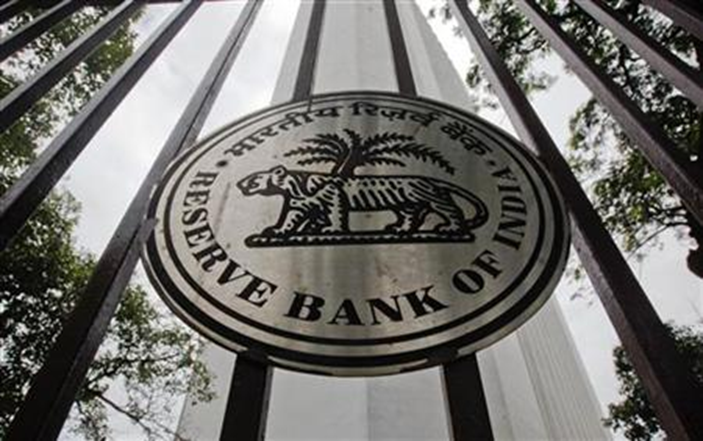- Courses
- GS Full Course 1 Year
- GS Full Course 2 Year
- GS Full Course 3 Year
- GS Full Course Till Selection
- MEP (Mains Enrichment Programme) Data, Facts
- Essay Target – 150+ Marks
- Online Program
- GS Recorded Course
- NCERT- First Ladder
- Polity
- Geography
- Economy
- Ancient, Medieval and Art & Culture AMAC
- Modern India, Post Independence & World History
- Environment
- Governance
- Science & Technology
- International Relations and Internal Security
- Disaster Management
- Ethics
- Current Affairs
- Indian Society and Social Issue
- CSAT
- 5 LAYERED ARJUNA Mentorship
- Public Administration Optional
- ABOUT US
- OUR TOPPERS
- TEST SERIES
- FREE STUDY MATERIAL
- VIDEOS
- CONTACT US
Bond Buyback and the Role of the Reserve Bank of India (RBI)
Bond Buyback and the Role of the Reserve Bank of India (RBI)
19-05-2024

The Reserve Bank of India (RBI) has taken steps to address tight liquidity conditions in the banking system.
- These measures include a significant reduction in the government's treasury bill sales and the introduction of a new selection of bonds for the Centre's buyback operations.
What is Bond Buyback?
- Definition: Bond buyback refers to the process by which the central government and state governments repurchase their existing securities from the holders before their maturity date.
- Purpose: Bond buybacks are liability management tools commonly used in government securities markets to manage refinancing and liquidity risks.
- Objectives:
- Cost reduction: Buying back high-coupon securities to reduce interest expenses.
- Liquidity improvement: Retiring illiquid securities to enhance liquidity in the government securities (G-Secs) market.
- Liquidity infusion: Injecting liquidity into the financial system.
What are the Bonds:
- Definition: A bond is a debt instrument that represents a loan made by an investor to an entity, typically a corporation or government.
- Features:
- Fixed or variable interest rate: Bonds can offer fixed or variable interest rates, providing investors with predictable or flexible returns.
- Maturity date: Bonds have a defined period of time, or maturity date, when the principal amount is repaid to the investor.
Role of the Securities and Exchange Board of India (SEBI):
- The Securities and Exchange Board of India (SEBI) is a statutory regulatory body responsible for supervising the securities market in India.
- It operates under the SEBI Act of 1992 and regulates various participants in the securities market, including listed companies, brokers, mutual funds, and rating agencies.
- SEBI's role is crucial in ensuring the integrity, transparency, and growth of the Indian securities market.
Must Check: Best IAS Coaching In Delhi



